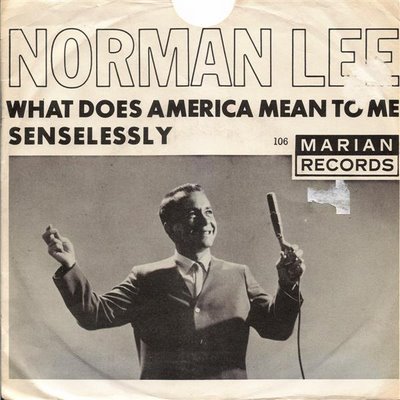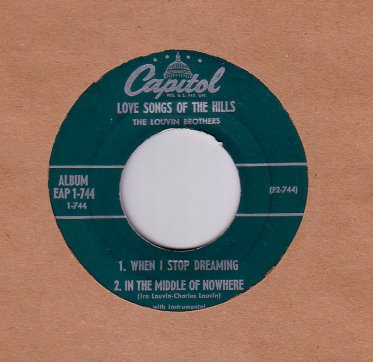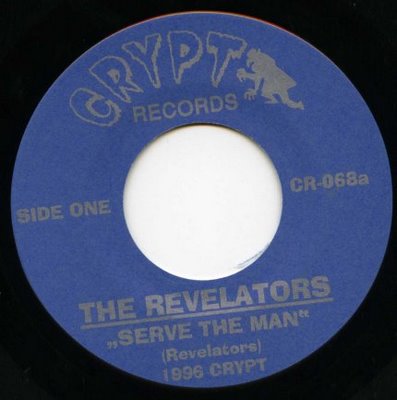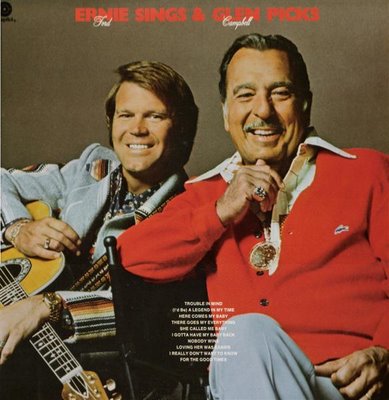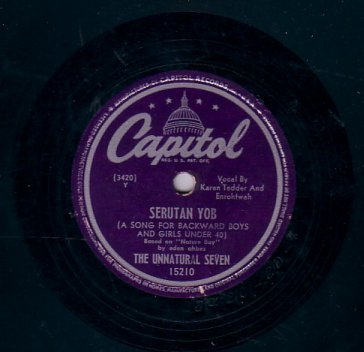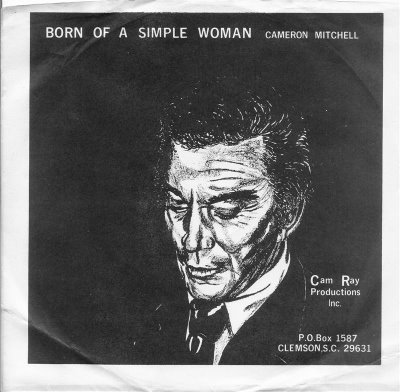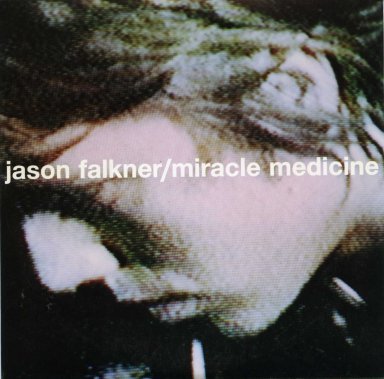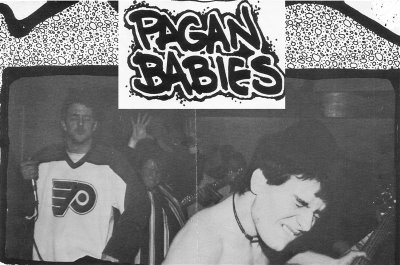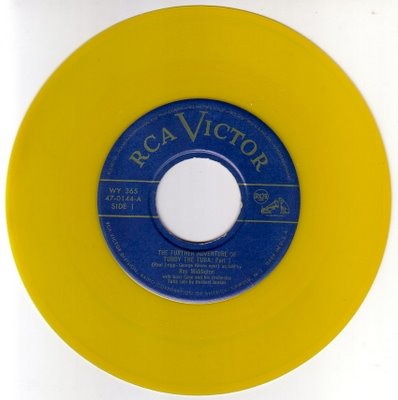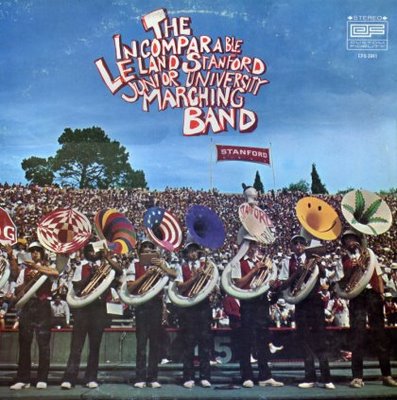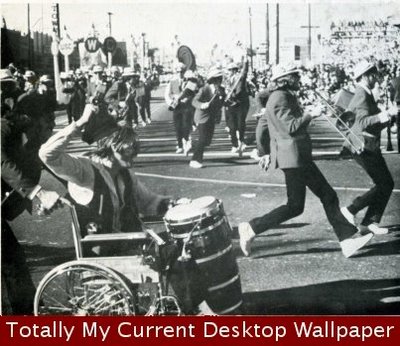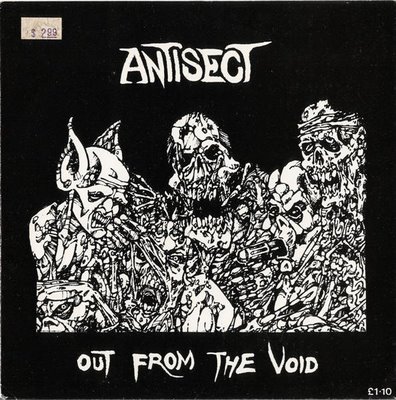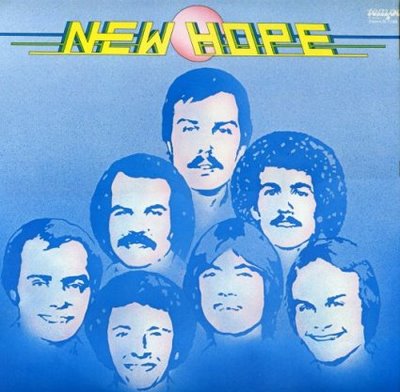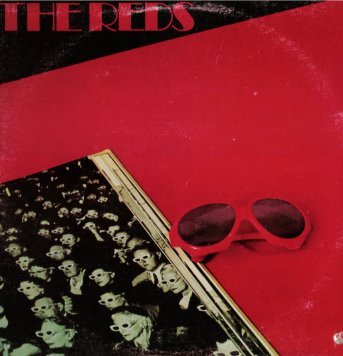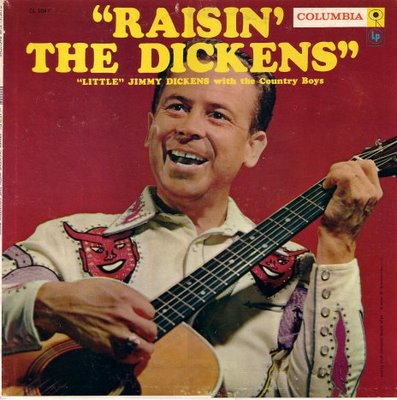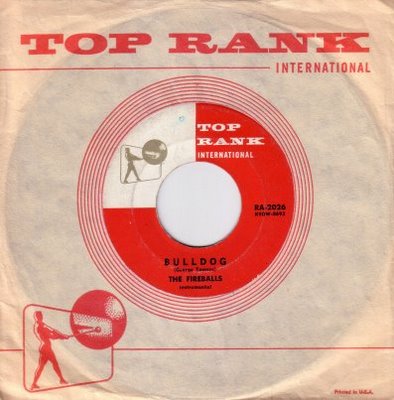 :: Bulldog :::: Nearly Sunrise ::
:: Bulldog :::: Nearly Sunrise ::A couple of years ago, I bought an album by the Fireballs. The name of the band seemed slightly familiar to me, and the title of the album was a bit odd, and it was obviously a late '60s Atlantic release, so I picked it up. The album, "Come On, React!" turned out to be a little bit better than merely mediocre, so I filed it away, but not before I did a little research. Turns out this was the Fireballs' last ditch effort to get a hit just before they faded into obscurity for good.
The Fireballs go back to the late 50s, when 4 or 5 lads from Clovis, NM won a high school battle of the bands and attracted the attention of Norman Petty, who owned a recording studio in town. By that time Petty was world famous because of his association with Buddy Holly. The Balls took a lot of guff after Holly died for overdubbing instrumental tracks over demo recordings Holly never had a chance to finish himself. Of course they were only doing as they were told by Petty, but they took the blame anyway.
On their own, they rode the instrumental rock wave and had hits with "Bulldog" and "Torquay". Their sound was kinda surfy, not unlike the Ventures, but with a Tex-Mex twist. In '63 they added vocalist Jimmy Gilmer and had a huge hit with "Sugar Shack". But then the Beatles came along and pretty much killed their career until they made a comeback in the late 60s with "Bottle of Wine".
Cut to about a month ago, when the Robot crew ventured to Austin, TX for SXSW. While we were at it, we stopped in at
Antone's Records to take care of a little Texas style Robot business, if you know what I mean. I was pretty engrossed with browsing activities (a fine, fine record store, by the way), but at some point I became aware that the music that had been playing in the store had been replaced by live music coming from the parking lot outside. I went to investigate, and found 3 old dudes, a guitarist, a bassist and a drummer churning out competent versions of late '50s/early 60s style instrumental rock. Someone told me the guitarist used to be in the Fireballs, which didn't mean much to me at the time because "Come On, React!" didn't impress me much. Still, these guys weren't bad, and they seemed like the real thing. After a few tunes, they asked another old dude to join them. Once again, someone (I don't remember who now. There sure is a lot of beer in Austin) told me this guy was an L.A. session guitarist from in the 60s. This really old looking guy steps up, straps on a Strat and starts wailing. The best part was when he stepped on his distortion pedal, he would kind of squat and get this rock face going, and just rock the fuck out. We stayed for a couple of tunes, then we had to leave to get back to 6th Street to see some band or another and that was the end of that.
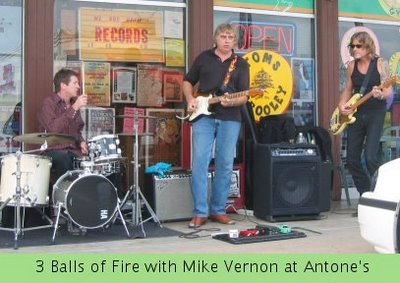
A couple of weeks ago, I bought a crap load of singles from a guy at a street fair near my house. Amongst them was "Bulldog" and "Sugar Shack" by the Fireballs. I started doing a bit more research and found some current pictures of Fireballs guitarist George Tomsco, but the guy in these pictures was neither of the guitarists I saw outside of Antone's Records that day. I was confused, so I wrote to Antone's and asked them who those guys were playing outside the store that day, and I included some pictures I had taken. Turns out the first guitar picker is a guy named
Mike Vernon (not the English Mike Vernon), a local Austin musician who fronts a band called 3 Balls of Fire, and who carries the torch of the Link Wrays and George Tomscos of the world of instrumental rock. The old guy with the rock face was
Jerry Cole, indeed a legendary L.A. session man who, besides being an original member of the Champs, of "Tequila" fame, fronted his own band, The Spacemen, was a member of the Wrecking Crew, played guitar on The Byrds' "Mr. Tambourine Man", was the band leader on the Shindig TV show, and played with everyone from Sinatra to Roger Miller. George Tomsco of the Fireballs did play in Antone's parking lot that day, but it was after we left. Damn.
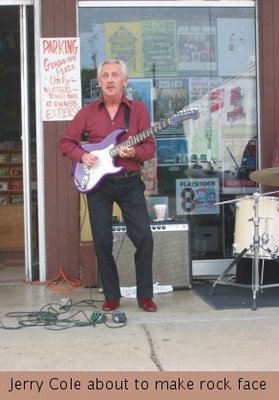
Funny how at the time it was like, "yeah, these old guys are pretty good", but when you learn a little back story, it becomes much more exciting and somehow, relevant. Oh well, next time I see those guys, I'll appreciate them more. If I live long enough.



